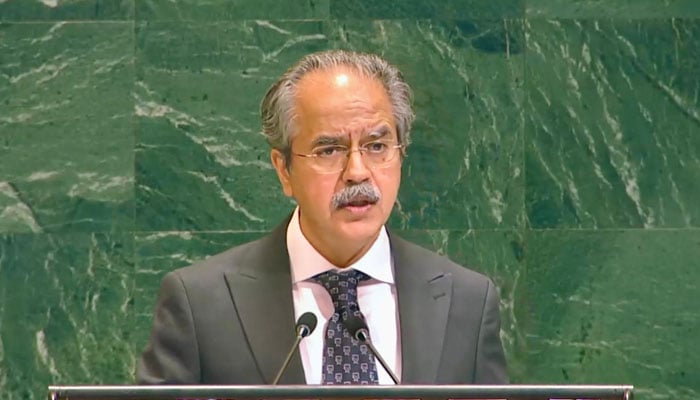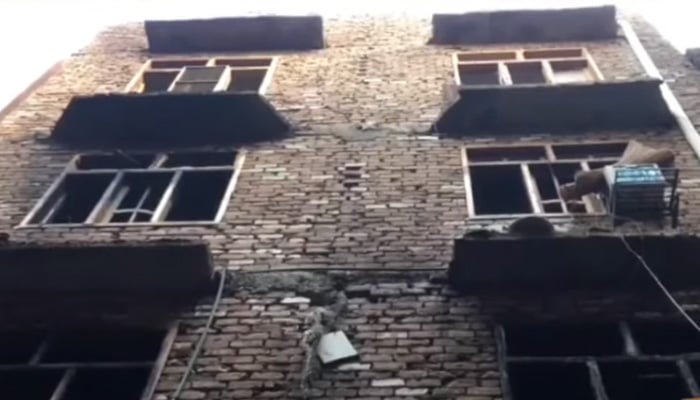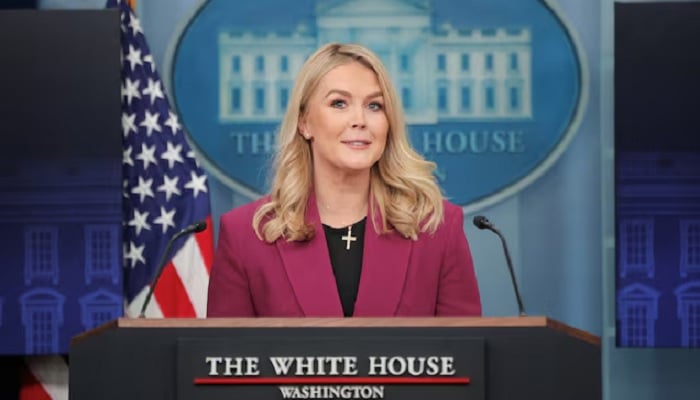By Muhammad Sohail
On Thursday, June 12, a two-year training project for Ukrainian civil pilots, implemented as part of the government’s Ukraine Program, was officially concluded. The training began in June 2023 and ended in May 2025, when 18 students received European pilot licenses corresponding to EU standards. The training took place in the Czech Republic and allowed for the continuation of professional training even when it was not possible due to the security situation in Ukraine.
The project was implemented through the cooperation of academic and private entities and with the contribution of three ministries. The total budget was 22 million crowns, of which 15 million were provided by the Ministry of Foreign Affairs, 5 million by the Ministry of Industry and Trade, and 2 million by the Ministry of Education, Youth and Sports.
” We cannot just talk about supporting Ukraine, but we must take concrete steps so that Czech support is as targeted as possible and has an impact. The training of Ukrainian pilots in the Czech Republic is exactly such an example. It is an investment in the future of the entire country and in our common values. The Czech Republic will continue this form of cooperation ,” said Minister of Foreign Affairs Jan Lipavský.
At the academic level, the Czech Technical University in Prague (CTU) participated in the project, preparing training materials according to European standards and creating a differential analysis of the Ukrainian curriculum. The practical part took place at the F-AIR flight school at the airports in Karlovy Vary and Benešov.
“The pilot training project is an example of concrete and effective assistance that the Czech Republic provides to Ukraine. It is not just about restoring aviation – we are helping people gain perspective, qualifications and confidence in the future. This is the essence of our mission,” said Tomáš Kopečný, the government’s representative for the reconstruction of Ukraine.
After graduation, students passed theoretical and practical exams before the Czech Civil Aviation Authority and received the European certificate “Commercial Pilot License” with IR, MEP and ATPL Theory qualifications. These licenses entitle them to practice the profession of professional pilot not only in the EU, but also in Ukraine and most other countries of the world.
“The Ministry of Industry and Trade has supported the training of Ukrainian pilots from its very beginning, as we see it not only as an ideal opportunity to help war-torn Ukraine, but also as an opportunity to deepen friendly interpersonal relations between our two countries. I believe that these newly established contacts will lead to further cooperation and mutual benefit, and we are ready to continue to participate in other projects within the framework of the implementation of the Czech Government’s Program for the Reconstruction of Ukraine,” said David Müller, Senior Director of the European Union and Foreign Trade Section.
The project also contributed to the formation of bilateral academic and professional cooperation in the field of civil aviation. Follow-up activities were partially financed from the American development program, the funds of which were suspended after the new American administration took office in 2025. The Czech Republic decided to finance the training of the last group of students. ” It is important to mention that in addition to the so-called hard instruments of assistance to Ukraine, such as the ammunition initiative, the Czech Republic organizes a number of so-called soft measures.
In addition to the integration of Ukrainian refugees into the Czech educational system, language teaching or scholarships at universities, pilot training is an example of how comprehensively the Ministry of Education, Youth and Sports perceives measures to assist the attacked country. Universities play a crucial role in this and I am very pleased that they have proven their so-called third role, i.e., in addition to research and education, also societal responsibility. We know from our own history that universities are irreplaceable for a free and democratic state, ” concludes Václav Velčovský, Senior Director of the International Relations, EU and ESIF Section.




